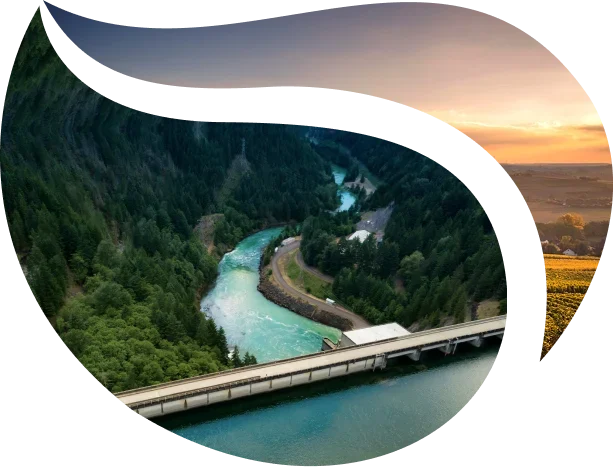
Oceans are being affected by the chemical and physical impacts of climate change, unsustainable pressures on sealife populations, unprecedented destruction of marine habitats, and life-threatening pollution from land- and sea-based activities (nutrients, agricultural chemicals, plastics and petroleum, among others). These increasing pressures are disrupting ocean health, productivity, and resilience.
Speakers for the 2018 Congress on Ocean Policy are a diverse group of scientists, managers, and professionals who understand the challenges of current ocean management. They presented policy tools and strategies to foster the sustainability of our oceans. Delegate invitations were extended to representatives of state, federal and international agencies, professional and scientific NGOs, the private sector, academia, and congressional offices and committees.
Following is a list of critical ocean policy issues:
- adverse impacts of climate change and intensified exploitation of ocean resources amplify the need for all nations to embrace the international governance framework of the United Nations Law of the Sea Convention;
- impacts of ocean acidification and rising temperatures on the health and function of marine life and ecosystems;
- collaborative policies and programs to reduce ocean-damaging land-based pollution;
- vulnerability of marine mammals to ocean development, commercial shipping and fishing, naval exercises, and acoustic disturbances;
- how local, state, and federal entities can more effectively manage marine resources by collaboration through use of regional ocean plans;
- offshore wind energy development effects, stakeholder engagement, and environmental considerations;
- offshore petroleum exploration and exploitation impacts; and
- potential deep-sea mineral exploration and exploitation impacts.
